Market relevant technical and life skills training
Vocational training is offered to young people that are preparing to enter the labour market. Before providing vocational training to these young adults, Save the Children offers them to conduct labour market studies. Mohammad: “We help them identify the current market needs. Based on the outcomes of that, we suggest the vocational training that best fits the person, but also offers good chances of earning an income when starting to work.”
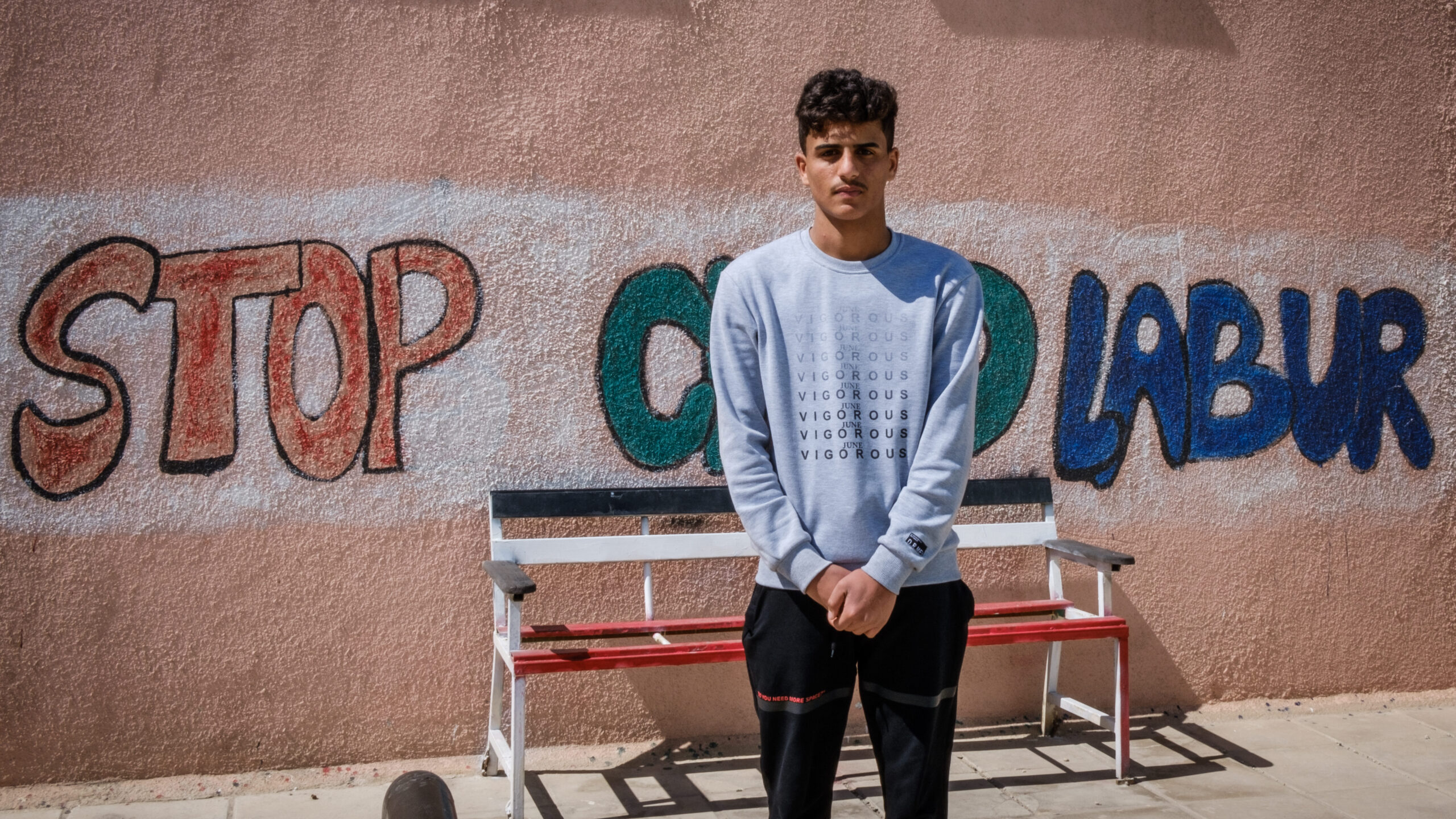
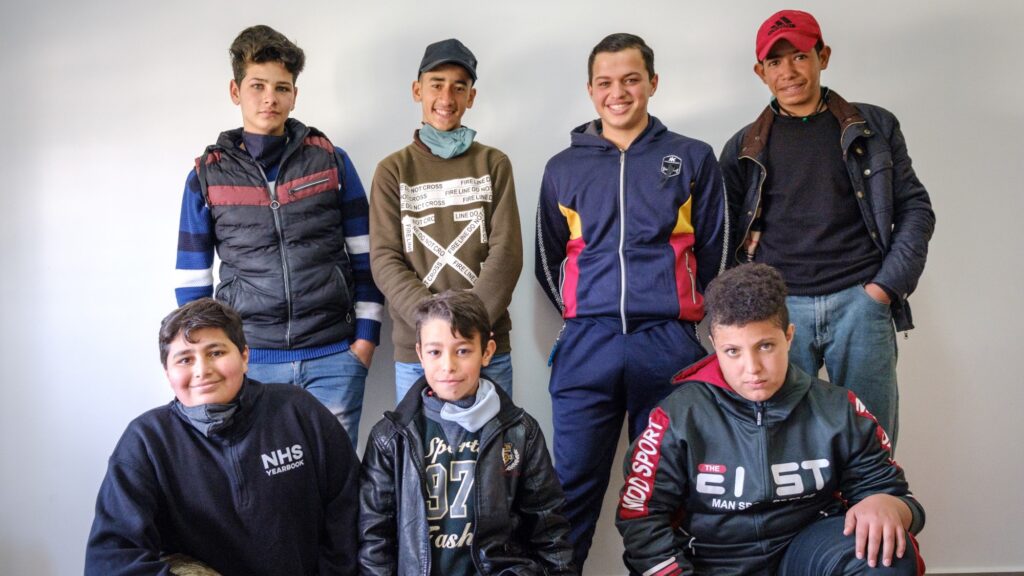
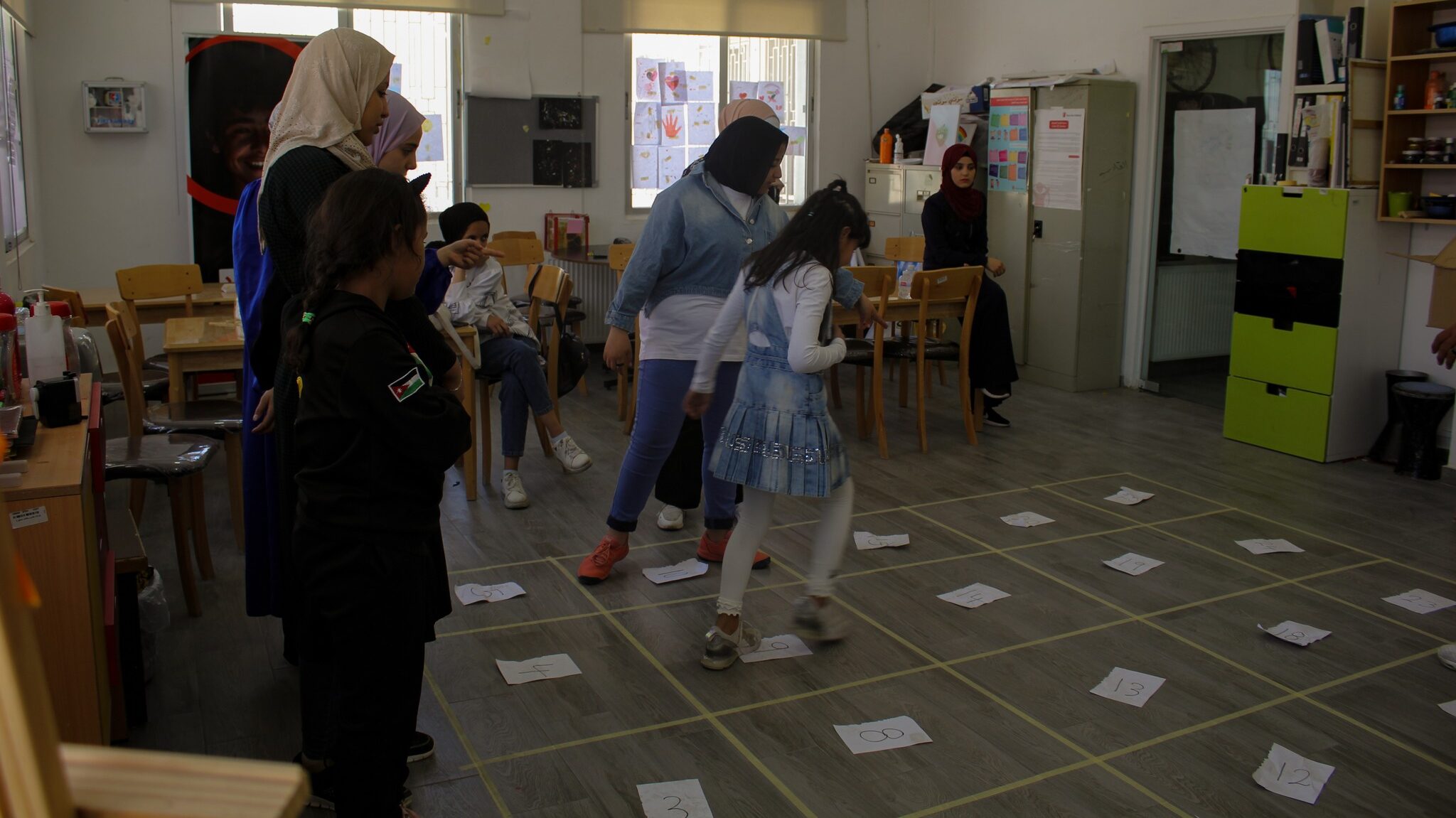
“In addition, we provide life skills training for boys and girls between 15 and 17 years. These skills are essential for success in the workplace and personal settings, and include higher order thinking (problem solving, critical thinking, goal setting and planning and decision making), communication skills, self-control and positive self-concept. Life skills have provided girls and boys with knowledge and skills to identify harmful work and also transition from it.”
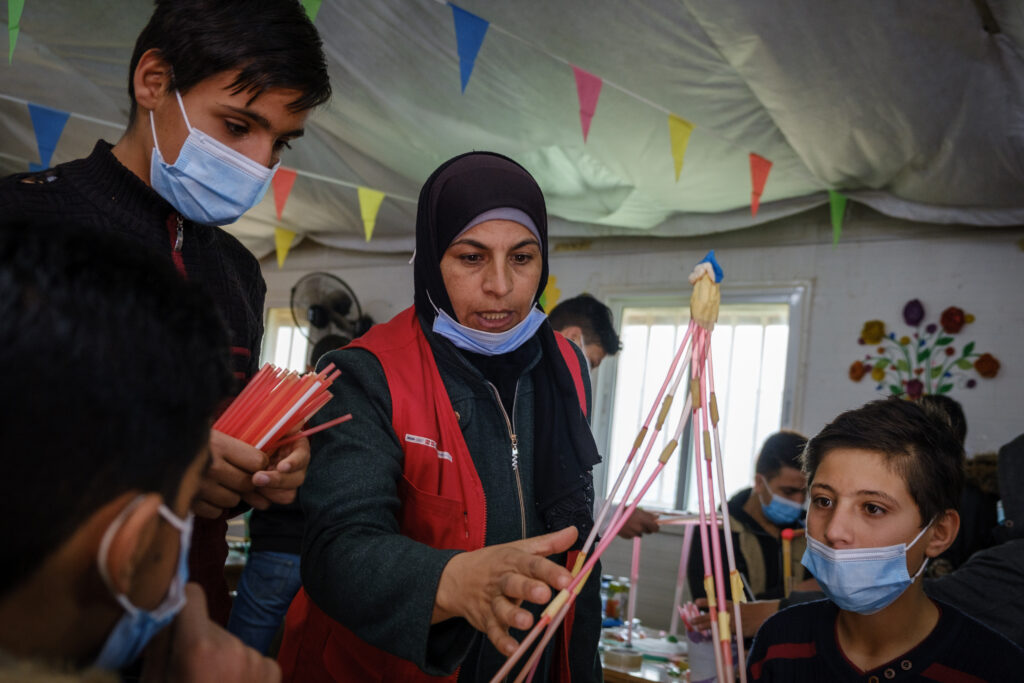
Ghofran is a volunteer for the WNCB-programme. Ten years ago, she fled from Syria with her husband and six children. Ghofran is very much involved with the children in the camp. “Because of the situation here, a lot of kids are very negative. Sometimes they’re aggressive. They teach each other bad behavior, like fighting, smoking, etc. When children go outside the camp to work, you can see their mentalities changing. They become tougher, more negative. In our programme, we try to take the negative energy out of them. We try to teach them about sharing and the spirit of teamwork. After a while you can see them changing in a positive way.”
Providing income-generating opportunities
Providing income-generating opportunities for families that relied on their children to earn household income through, is another strategy to stop child labour. “We provide alternative livelihoods training – like sewing, housekeeping, electrotechnical maintenance – and start up kits for households”, Mohammad says. “Training is either organized by Save the Children, or by other community-based organizations that we work with. Usually, people are referred to training through our case managers. Last year, we provided training to around 70 households. We offer trainings for some professions that offer best employment opportunities.”
“The startup kits always contain tools and manuals for the vocation that the training was about. For example, after sewing training, we bring in a sewing machine so that people can immediately start putting into practice what they have learned. Similarly, after our courses for housekeeping, we provide cleaning tools and materials, and after our training on electrotechnical maintenance, the corresponding startup kits will contain a toolbox with screwdrivers, pliers, and other tools.”
The ability to provide financially for their families increased because of this vocational support, they became more self-reliant. Caregivers who were enrolled in the vocational training started working together using their different skills and talents to come up with innovative ideas for home businesses and how to do cost effectiveness studies and advertise their products.
Creating work opportunities for (young) adults
Improving access to working opportunities for (young) adults is also the goal of a brand-new app that is being developed with the help of Save the Children. “It is a bit like the Uber transportation app”, Mohammad says. “But instead of bringing drivers and passengers together, this app will link graduates of our vocational training to homeowners, companies or individuals who may have working opportunities on offer. Usually this will be freelance work. Full-time employment is difficult to find as there is a high unemployment rate in Jordan.”
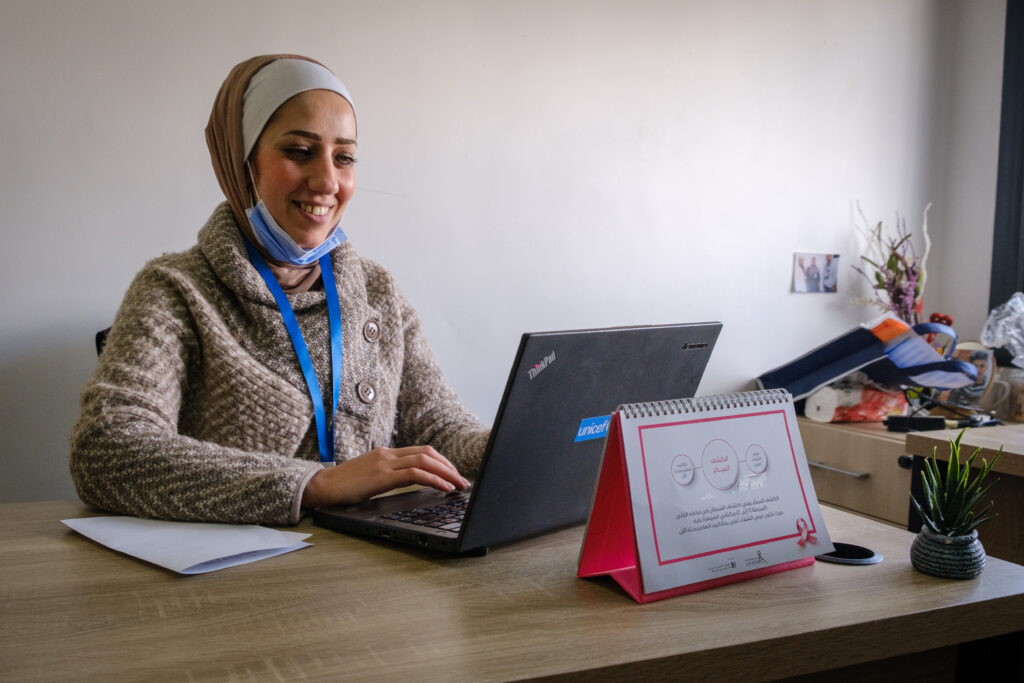
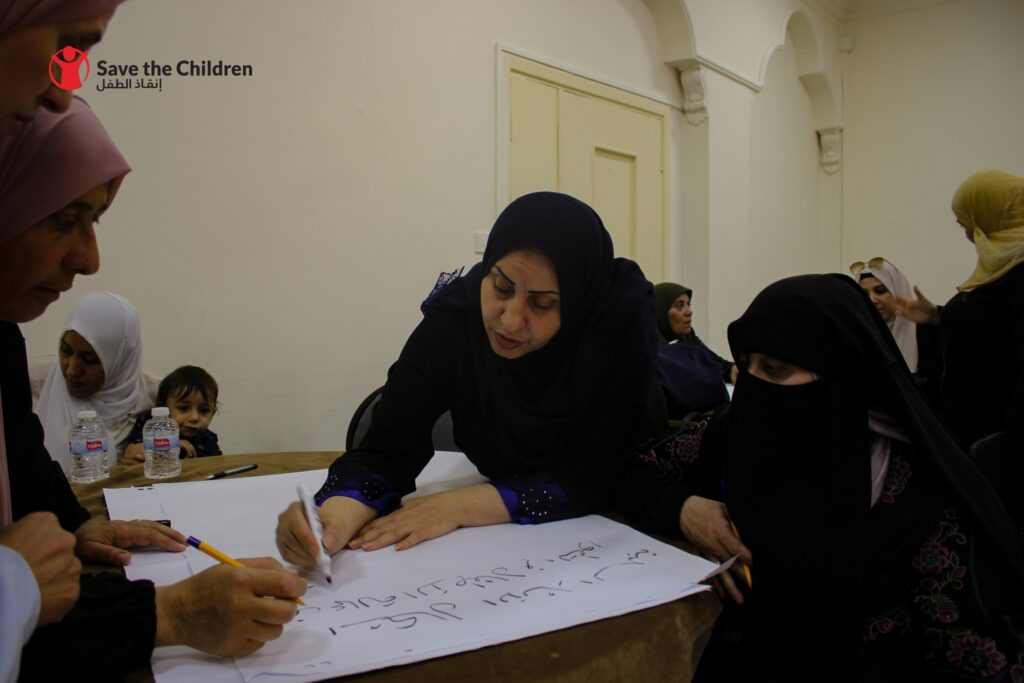
“For clients offering job opportunities, this app provides an effective way of finding trustworthy and qualified people as all members will have received some vocational training or, at the very least, life skills training. The other way around, our beneficiaries know that the clients are part of a trusted network. This app will help bring jobseekers and job providers together. Obviously, the app will only be accessible for people above 18 years that are allowed to work.”

